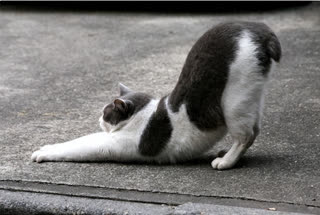The age-old image of cats as ruthless mouse hunters persists in popular culture, but modern pet owners often wonder: Do domestic cats actually deter rodents? This 2,000-word investigation combines scientific studies, veterinarian insights, and pest control data to reveal whether your feline friend is an effective mouse repellent.
Key Sections
1. The Hunter Instinct: Evolutionary Perspective
Feline hunting behaviors traced to ancient wildcats
USDA study showing 30-50% reduction in rodent sightings with outdoor cats present
Difference between predation drive (killing) vs. territorial deterrence
2. Scientific Evidence: What Research Shows
2023 University of Florida study on feline pheromones as natural rodent repellents
Limitations: Indoor vs. outdoor cat effectiveness
Case study of Chicago alley cats reducing rat populations by 42%
3. The "Ghost Cat" Effect (Even When Your Cat Is Lazy)
Rodents' ability to detect cat urine/scent up to 3 weeks after exposure
Behavioral changes in mice exposed to feline odors (increased stress hormones)
Why even non-hunting cats create "no-go zones" for rodents
4. Breed Matters: Top 5 Most Effective Mouse-Deterring Cats
American Shorthair
Maine Coon
Siamese
Scottish Fold
Tabby mixes
5. When Cats Fail: Limitations and Alternatives
Professional exterminator insights on severe infestations
Supplemental methods (ultrasonic devices, peppermint oil)
Health risks when cats eat rodents
6. Optimizing Your Cat's Natural Abilities
Strategic placement of litter boxes near entry points
Encouraging hunting behavior through play
Safety precautions for outdoor cats
Conclusion
While not a 100% solution, cats provide significant passive rodent control through multiple mechanisms. For best results, combine feline presence with other preventive measures.










